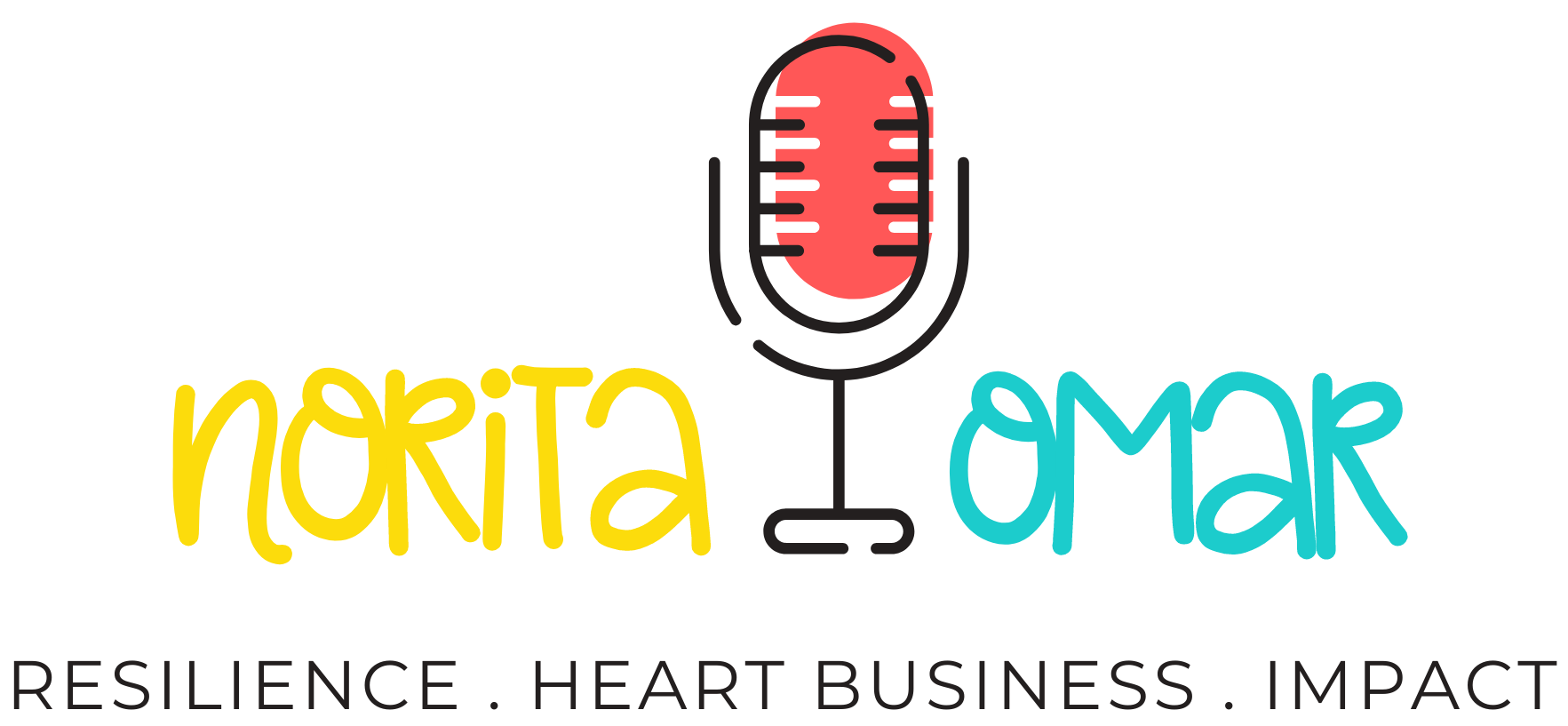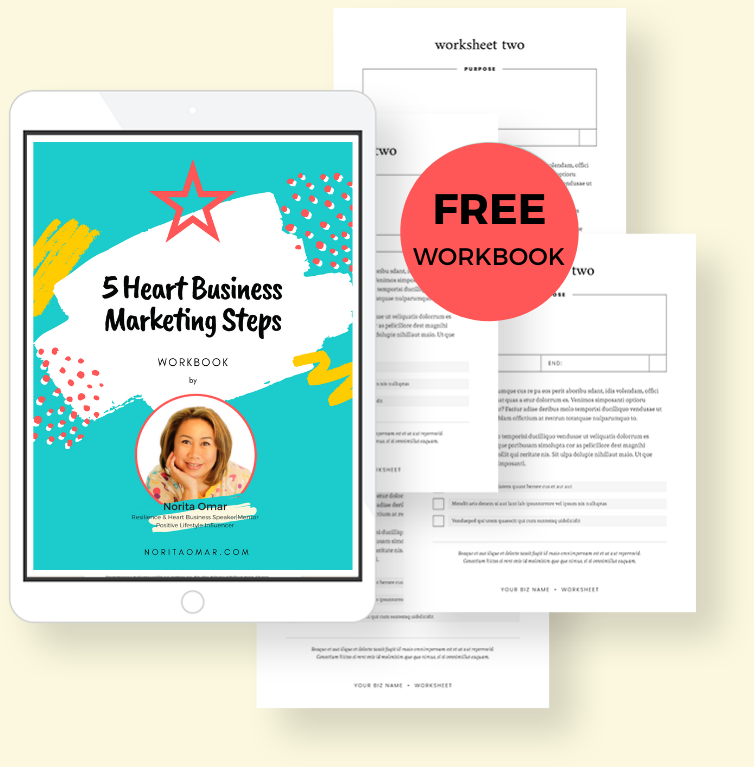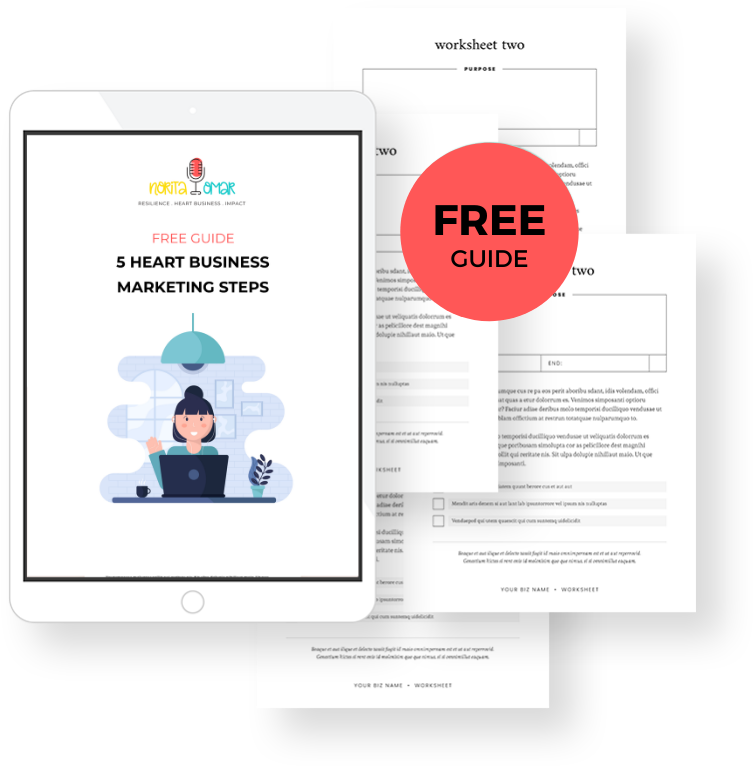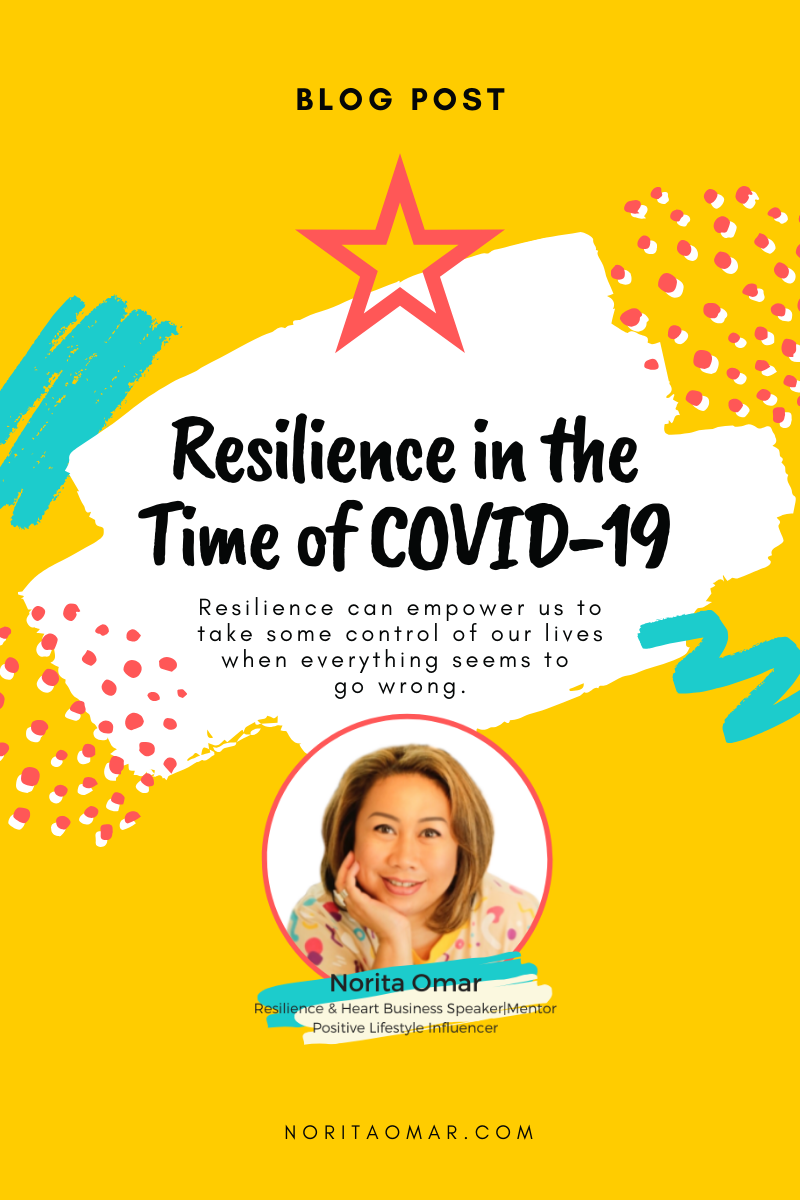
Resilience in the Time of COVID-19
“The light at the end of the tunnel is just you with the chance to be born again.”
Anthony T. Hincks
These days it feels like we are thrust into a post-apocalypse world written by Stephen King. Everywhere we turn, bad news is waiting. It’s so easy to surrender to anxiety, sadness and hurt. While feeling these emotions are valid and totally normal, we must not let them control our lives.
Turning to resilience in a time like this is very crucial. Resilience can empower us to take some control of our lives when everything seems to go wrong. In this blog post, I will share what is resilience, why we need it, how to unleash it and also my own story of how I discovered my superpower which is resilience.
What is Resilience?
According to PsychCentral, resilience is how well a person can adapt to tragedy, natural disasters, health concerns, relationships, work, or school problems. What we can get from this definition is that resilience can be the result of challenges. When we encounter challenges we have two choices: you can do nothing and let the fear take root in you or use that experience to change into an even better version of yourself.
If you do the former then you’re not choosing resilience. Doing nothing means that nothing changes. You will just let fear take over your life and let it paralyze you. There will be no room for growth and for resilience to develop in you.
If you prefer the latter then you choose resilience. It’s not going to be easy. It’s going to be so uncomfortable. But resilience will help you throughout your life. Let’s be real, challenges will always be present in life. They won’t be easier but you can get stronger and be more resilient.
Feelings of anxiety and sadness are totally valid. Toxic positivity is something we should not practice during this time or if at all. However, building up the anxiety and negative feelings and bottling them up inside of you will do no good for you and for the world. Staying hopeful while also being realistic is the way to go.

Why Do We Need Resilience?
Life will always throw us challenges. I think that’s the beauty of life: that not every day is the same. Some days can be great, some days can be meh and some days can be challenging. Of course, we prefer the great days. But we can’t fully control life. Life’s challenges won’t get easier but we have the power to be more resilient.
When you let the bad days get you down, you let yourself be paralysed by negativity. And that’s not an ideal way to live. Challenges help you grow. As Frederick Douglass said, “If there is no struggle, there is no progress.” If you don’t take action and don’t put your resilience into good use you will be stuck. There is where people feel like they are “stuck” in life.
You can use these challenges to help you reveal who you truly are: a resilient person. You don’t know what is your limit until you push past them.
You might be asking, “Do I have resilience within me?” Resilience is like a talent or a skill that you can develop. As the American Psychological Association said, “Resilience is not a trait that people either have or do not have. It involves behaviours, thoughts, and actions that can be learned and developed in anyone.” So fret not because you can definitely develop your resilience.
Are you ready to unleash your resilience power?!

How Can We Build Resilience?
If you’re still reading this then congratulations because you’re already taking action to be more resilient! It’s a great thing that you recognize where you are right now and where you want to be.
Firstly, you can develop resilience by giving yourself some love. Self-love is what gives me confidence in my own abilities which I can use to fuel to empower others. So love yourself because you are more than enough. You can give yourself some love in the following simple ways: make laughter a priority, play some tunes, dance along to the tunes, keep positive friends, help others, be around nature, and crush comparisons.

Being able to stay and/or work from home is a privilege that not all can take advantage of. If you find some free time you can use it to work on your self-care and self-love practices and habits.
You can increase resilience by finding your tribe or community. A tribe is not just about keeping positive friends but it’s about surrounding yourself with a whole network of supportive and strong-minded people who will lift you up during challenging times. This takes time and dedication on your part but when you start, you will find that one person will lead you to another and another and soon you will have a network that wants to see you flourish.
Social distancing is highly recommended and should be observed. However, there are a lot of tools you can use to meet with friends online. You can Face-Time, Zoom or Skype your friends and use those tools to connect with them.
To boost your confidence and to remind you that you are already a resilient person, make a pic-collage. A pic-collage is a collage of photos of your achievements, images of you having a good time, or having a positive experience. These will help to pick your spirit up at times when you need it. You don’t necessarily have to have a pic of you in it. It could even be an image from a magazine that you have cut out that reminds you of that event.
You can even do this with your friends while video calling them and share the pic-collage in person when this is all over (because it will be over).
Do a power groove! Music has a way of reaching us emotionally. You may have been guilty of playing sad music after a break-up. It’s the music in horror movies that really build the suspense and fear! Why do mothers sing their babies to soothe them or put them to sleep? Why do people pay hundreds of dollars to attend a concert? Because music has the power to influence us! Research has shown that music helps the development of children and young people. Music also affects the moods of adults which in turn influence the activities they engage in, their morale and enthusiasm. “It is no secret that music elicits ‘happiness’ or ‘positive affect’…” says Professor Marcel Zentner, a Professor of Psychology at the University of Innsbruck, Austria. So, what are you listening to? And more importantly, is it helping you?

Develop your resilience by having a growth mindset. Cultivating a learner’s mindset has many benefits. It’s all about having a growth mindset. Having a growth mindset means you believe that you can continuously improve and that you can develop your capabilities with commitment and hard work. It allows you to be persistent in your goals and creates a better sense of learning and motivation. You achieve more. It increases your productivity and resilience in meeting life’s challenges. The reverse is a fixed mindset and overcoming challenges is harder with a fixed mindset. The power of having a growth mindset has been talked about in various research. You can read more about Dr Dweck who coined the term and her work at Mindset Works. Do you have a growth or fixed mindset?
Lastly, boost your positivity to achieve an increase in resilience by being aware of your self-talk. How you talk to yourself and the words you feed your mind is very crucial in achieving resiliency. Doing the above tips will already boost your positivity. But if you need a little more push well I am here to help you. So make sure you are following me on my socials where I post inspirational posts and videos. Also if you join my mailing list, you will receive more free resources to help you in your journey to a positive life!
Train your mind to hold a more positive outlook and seek for the good even in bad situations. Being able to see the positive side of life’s challenges encourages you to see these situations as an opportunity to grow. Positive people handle stress better, handle setbacks better and even can be healthier.
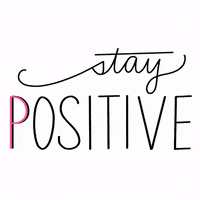
Remember to be patient with yourself. Like with any other skill or talent developing your resilience will take time. The important thing is that you are growing stronger every day.
How I Discovered My Resilience
Since my childhood, I have experienced challenges that include my dad abandoned me and my mom when I was only three years old. Growing up with a single parent who is also dealing with her own traumas is another story which I will tell someday. Moving from one nanny house to another which had me sexually assaulted numerous times (one was by a family member). Surviving a gang attack where I was badly beaten up till I was unconscious, that my mom almost couldn’t recognize me. So by this time, I like to think I was pretty tough after surviving a few traumas since young but it was not until Friday 13th, 2006, when I fell off the stage and hit my head on the ground did my world changed indefinitely. I was diagnosed with a traumatic brain injury from that fall.
The struggle of recovery led me to depression and anxiety which nearly made me lose hope and almost attempted suicide. Somehow, I found the courage to strive through all the challenges and found supportive tools and therapies to overcome my challenges and conditions. Shortly after my recovery, I was once challenged again when Christchurch, New Zealand where I was living then was hit with an earthquake. I got injured trying to escape from my apartment and within weeks, I decided to move to Australia with few pieces of clothing and had to rebuild my life once again. “Oh Wow Nori, that is a lot!” and yes, thinking back, I couldn’t believe how much I have survived and thrived from! And the best of it all, I am grateful for my challenges as each one of them has taught me RESILIENCE! And why it is important to continue practising them in order to stay RESILIENT!
NEW DIGITAL BOOK: If you liked this blog post, check out my latest digital book, Overcoming Crisis. It includes my personal resilient stories of how multiple crises like a brain injury and a natural disaster hit me which beautifully transformed my life. These 5 chapters of inspirational stories also come with exercises to help you navigate your journey to overcome your crisis. Check it out here.
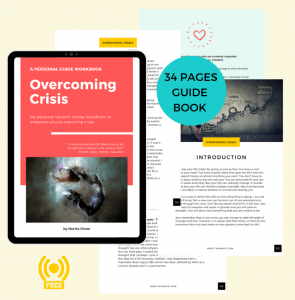
Like I said earlier, it can’t hurt to stay hopeful while remaining realistic too. I have sourced some resources below which you can use to get clarity on the COVID-19 virus:
How to prepare for coronavirus by Australian Red Cross
Mental health and wellbeing during the Coronavirus COVID-19 outbreak by Lifeline
